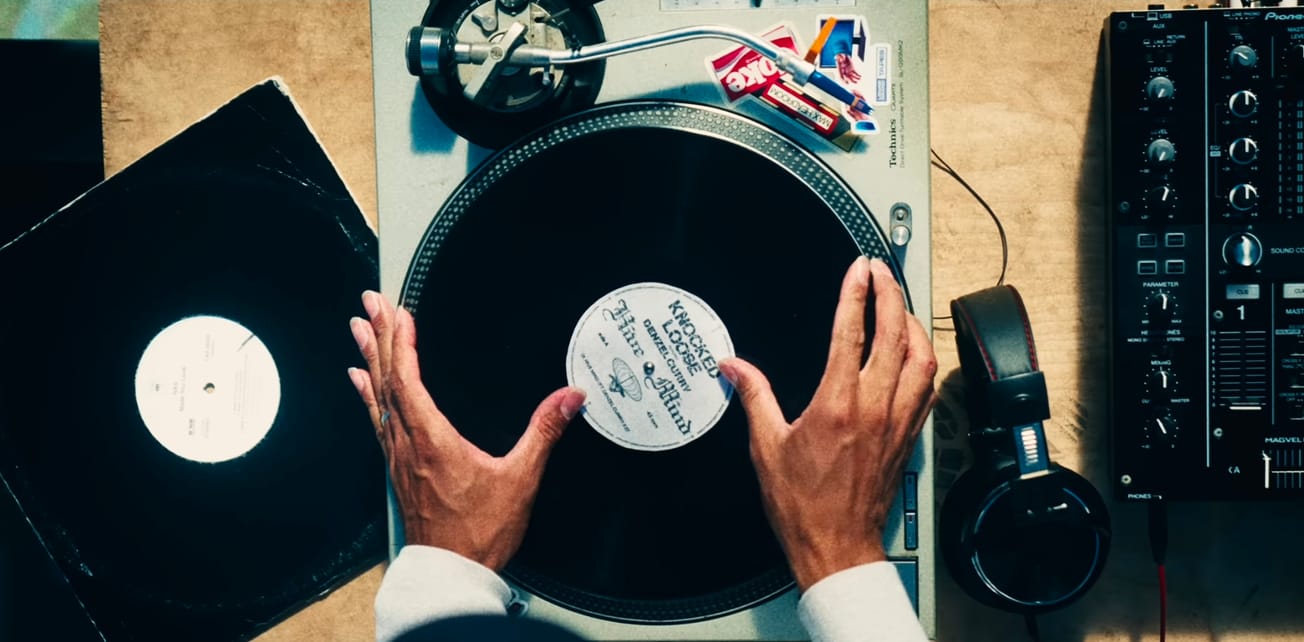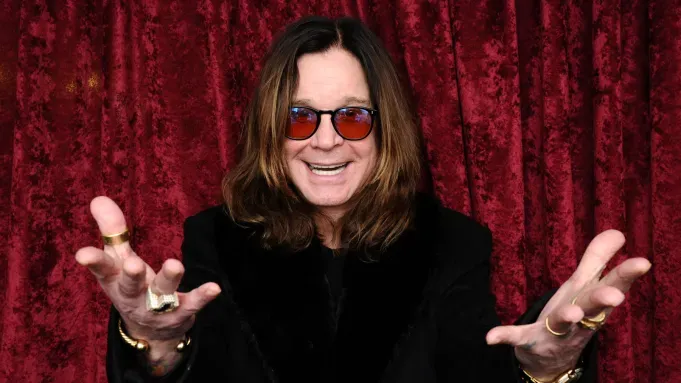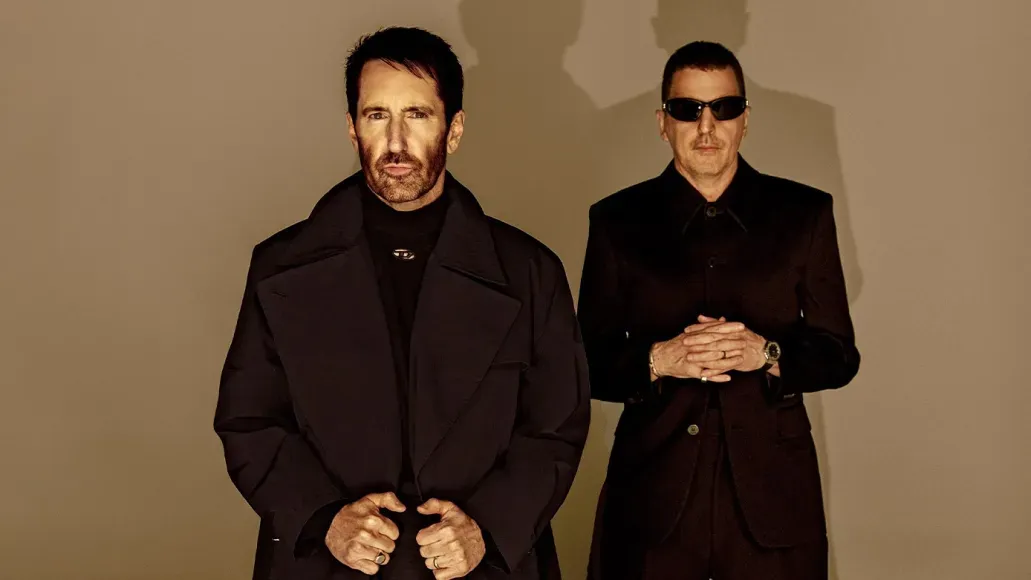First things first: I don’t play about Aaliyah, and I’ve been that way since I was about six, when Missy, Timbaland, Magoo, and that whole crew centered her innate grace in some of the most polychromatic and playful music videos to ever conjure a latchkey kid home to his own corner of whatever heaven is replete with pb&j and BET’s best days. With respect to my fellow NMA writer and QotD fan Gabi Brown, Aaliyah’s accent as Akasha was no more “certifiably weird-ass” than Tom Cruise’s indecisive one throughout Interview with the Vampire, or Israeli actor Oded Fehr’s approximations of an Egyptian tomb protector and Medjai chief as the first-heard voice of 1999’s unassailable cult adventure The Mummy (not to mention John Hannah’s hard-to-swallow Hollywood-Brit quips in the same). But, like Gabi’s, my love for this film lacks irony, and I’m here to slice this sweet cheesecake a few ways.
For this writer, a retrospective at 22 years means to signify the 22 years that Aaliyah, to whom the film is dedicated, lived before she died tragically in a plane crash after filming the music video for her song “Rock the Boat,” and before post-production on Queen of the Damned wrapped—this latter fact finding her brother Rashad stepping in to overdub moments of Akasha’s dialogue and possibly contributing to the aforementioned weirdness. I don’t consider myself lachrymose by any means, but I cried the entire night of that crash. Before my walls were plastered in Korn and Linkin Park posters clipped from copies of Revolver and Metal Edge, Aaliyah’s image stared down from the ceiling above my bed. She was one of the most beautiful people I’d ever beheld—not that external beauty is especially enchanting to someone who eventually lusted after all of the Loeffler brothers. Aaliyah’s magnetism radiated from a rare composite charm of humility, confidence, and clear sweetheartedness through which her work ethic, endless collaborations, and promising talents as an entertainer astonished, and against which her turn as a voracious vampire all-mother utterly absorbed in hubris felt cathartic and fun (the spirit of nu metal, in my opinion). It was easy to root for both of them, although real-life Akasha devotion has yielded some disturbing results.
Grieving Aaliyah’s death was to grieve the disappearance of possibility. Considering Queen of the Damned’s unbelievably stacked soundtrack, the last 22 years have taken not only Chester Bennington, Wayne Static, Chi Cheng, and Marilyn Manson’s credibility, but also the evolving artistry of an R&B darling who had escaped a marriage to R. Kelly, recorded two double-platinum albums (posthumously three), garnered two Grammy nods and a win, graduated with a drama degree, starred opposite Jet Li in her first major movie role and executive-produced that movie’s soundtrack (singing or featuring on four of its tracks), and recorded her third, self-titled album while portraying QotD’s title character, her “dream role,” at legal drinking age.
It was never just a movie. Nor was it exactly a moment, as visual and aural sense memory will have their ways with a mind in time, making sights and sounds from this cultural artifact bleed out more or less painful, or painfully comic, associations. (Where were you and with whom when you first experienced the Deftones rose bath scene? I remember my cousin remarking, “why is her wig not wet?”) Monument? Maybe not, unless you like your monuments uneven, unprepared for hi-def resolution’s disrespect of cakey makeup, and totally unloved by their originating author. But maybe so, especially if the scene of a (that is, this) young Black woman ripping the heart out of a white goth gatekeeper’s rib cage while a xylophone twinkle gives way to Jonathan Davis’s voice howling down the walls about the eternal tug between sex and death indelibly impresses upon you in such a way that it demands poetry.
Queen of the Damned was released in February 2002, a few confusing months of junior-high hazing after my first boyfriend outed me and a few more before Korn released Untouchables, summarizing my life and its adolescent wish fulfillment with characteristic simplicity in the lyrics of “Thoughtless,” and cementing them for several years as my favorite band. This drop into the realm of accessible heavy music obsession ushered me into genuine relationships (that folks would now probably call trauma bonding, as if teenagers bond for a variety of other reasons) with other lovers of “devil music” and allowed me, as never before, to recognize and choose my own people—to declare my own tastes, the good or bad of it be-damned.










